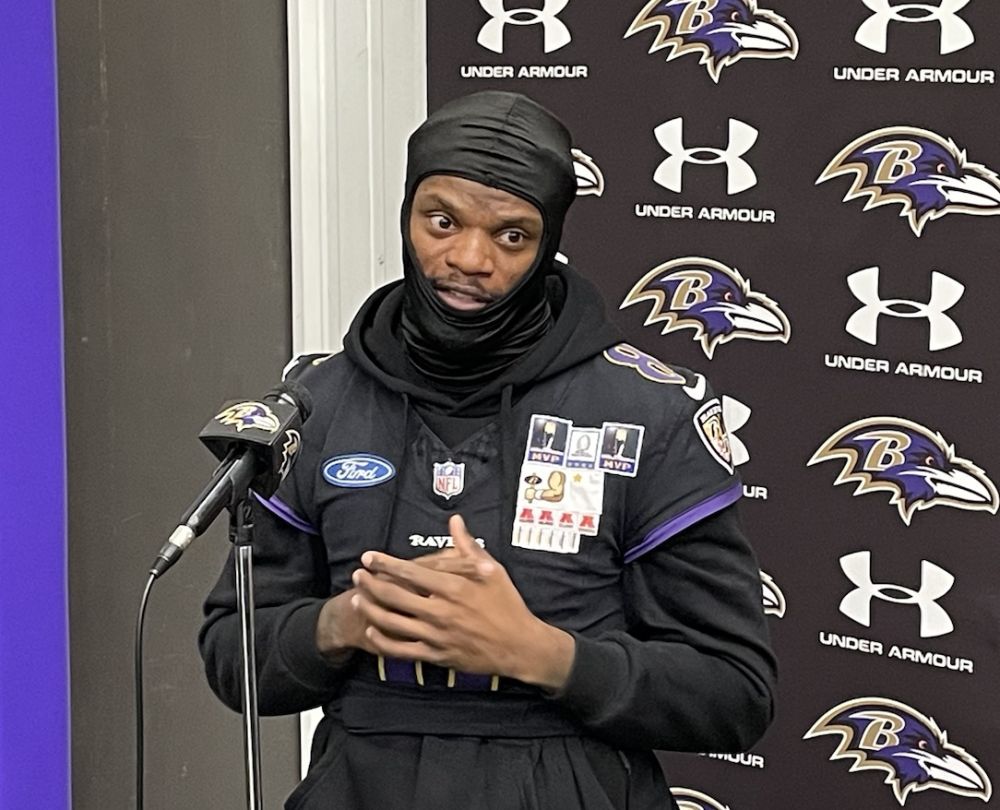After concerns arose about the state of Yovani Gallardo’s right shoulder, the Orioles and the veteran starting pitcher agreed to a revised deal on Wednesday evening.
According to multiple outlets, the sides agreed to a two-year, $22 million contract with an $11 million option for the 2018 season. The original agreement was for three years and a total of $35 million with a fourth-year option, but some perceived fraying of the labrum apparently led to the contract being redone.
Gallardo has made 30 or more starts in seven consecutive seasons, but throwing more than 1,400 innings in the major leagues would presumably lead to wear and tear in any pitcher’s arm and would make a magnetic resonance imaging exam unlikely to come back perfectly clean. The veteran’s diminishing strikeout rate and fastball velocity would also be pieces of evidence supporting concerns about the health of his pitching arm, making it wise to look at medical records and tests with a critical eye.
However, the Orioles’ reputation for being so rigorous with physical exams is common knowledge, leading to much criticism — fair or unfair — over the years. Whatever concerns they might have had didn’t prohibit them from giving Gallardo two guaranteed years instead of walking away entirely, something you could understand if tests showed a distinct injury.
Whether you believe they were just being thorough examining a player with some red flags statistically or you view the concerns from the physical as a convenient tactic used against a player who already had little leverage, it’s fair to wonder how examples like this could hurt the club with free agents who have other comparable offers and don’t wish to be put in such a position to have their value damaged. Yes, Gallardo didn’t have to accept a revised deal — or reject the one-year, $15.8 million qualifying offer from Texas at the start of the offseason — but what other choice did he have but to take the Orioles’ new offer with concerns about his shoulder now being out there in addition to a club needing to forfeit a draft pick to sign him?
It’s not as though multiple clubs were competing for Gallardo’s services in the first place.
The Orioles may have been justified — even right — in adjusting the deal based on what they discovered, but does their process do more harm than good? For every Grant Balfour, are there a couple attractive free agents who are perfectly healthy but hear such stories about the Orioles’ physical and decide not to bother considering them?
It should be noted that many more players pass the physical than fail it, but it’s still a fair question to pose for the big picture.
And with many already having reservations about the Orioles forfeiting a draft pick to sign Gallardo before the concerns over his physical ever arose, doubts about his shoulder probably aren’t going to bring more optimism about his prospects over the next two years in trying to help the club contend.
Even if Baltimore got a better deal out of it in the end.






















